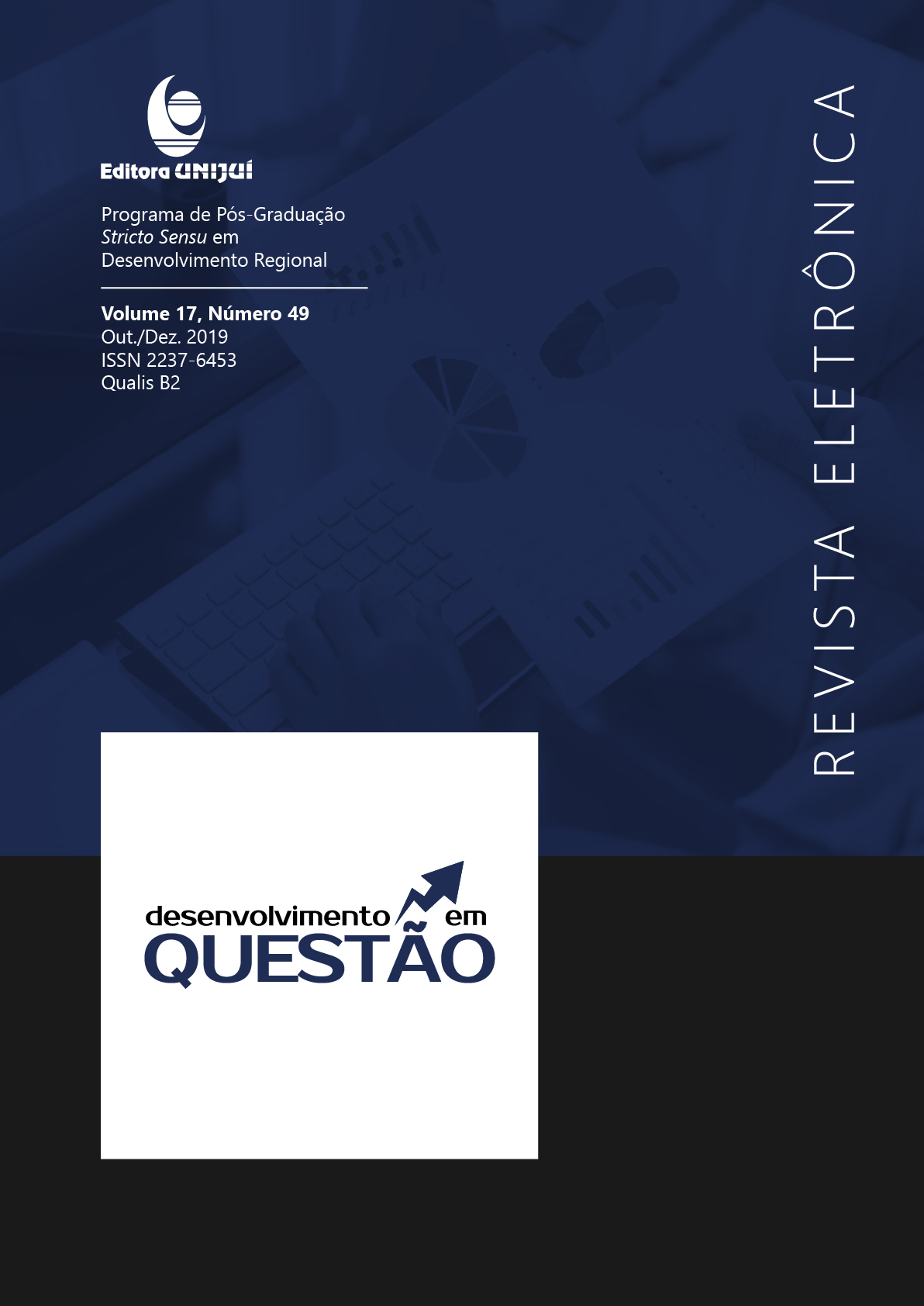Sustainable Development: A Discourse in Dispute
DOI:
https://doi.org/10.21527/2237-6453.2019.49.30-43Keywords:
Sustainable Development. Sustainability. Development.Abstract
Present on the global agenda during virtually the entire second half of the twentieth and early twenty-first century, and formally institutionalized in 1987 by the United Nations, Sustainable Development is today one of humanity's greatest concerns and a discourse in constant dispute. Coming from the combination of concepts of development and sustainability, Sustainable Development is important for understanding and solving problems faced by humanity. However, it is a concept that is still under construction. This article seeks to present Sustainable Development as an ideologically disputed field that faces conceptual and political conflicts. It is important to recognize that Sustainable Development is not unrelated to the levels of consumption and production that its conceptual scope addresses. Therefore, the relations of power towards Sustainable Development must lead to a collective agency. Thus, the objective of this study is to describe the dispute over the concept of Sustainable Development existing between the theories of Strong Sustainability and Weak Sustainability. The results obtained were analyzed by the authors and helped to draw a temporal panorama of the clashes between these two antagonistic theoretical lines.
Downloads
Published
How to Cite
Issue
Section
License
By publishing in Revista Desenvolvimento em Questão, authors agree to the following terms:
All works are published under the Creative Commons Attribution 4.0 International License (CC BY 4.0), which allows:
Sharing — to copy and redistribute the material in any medium or format;
Adaptation — to remix, transform, and build upon the material for any purpose, even commercially.
These permissions are irrevocable, provided that the following terms are respected:
Attribution — authors must be properly credited, a link to the license must be provided, and any changes made must be indicated.
No additional restrictions — no legal or technological measures may be applied that legally restrict others from doing anything the license permits.
Notices:
The license does not apply to elements that are in the public domain or covered by legal exceptions.
The license does not grant all necessary rights for specific uses (e.g., image rights, privacy, or moral rights).
The journal is not responsible for the opinions expressed in the articles, which are the sole responsibility of the authors. The Editor, with the support of the Editorial Board, reserves the right to suggest or request modifications when necessary.
Only original scientific articles presenting research results of interest that have not been previously published or simultaneously submitted to another journal with the same purpose will be accepted.
Mentions of trademarks or specific products are intended solely for identification purposes and do not imply any promotional relationship by the authors or the journal.
License Agreement (for articles published from 2025 onward): Authors retain the copyright to their article and grant Revista Desenvolvimento em Questão the right of first publication.











